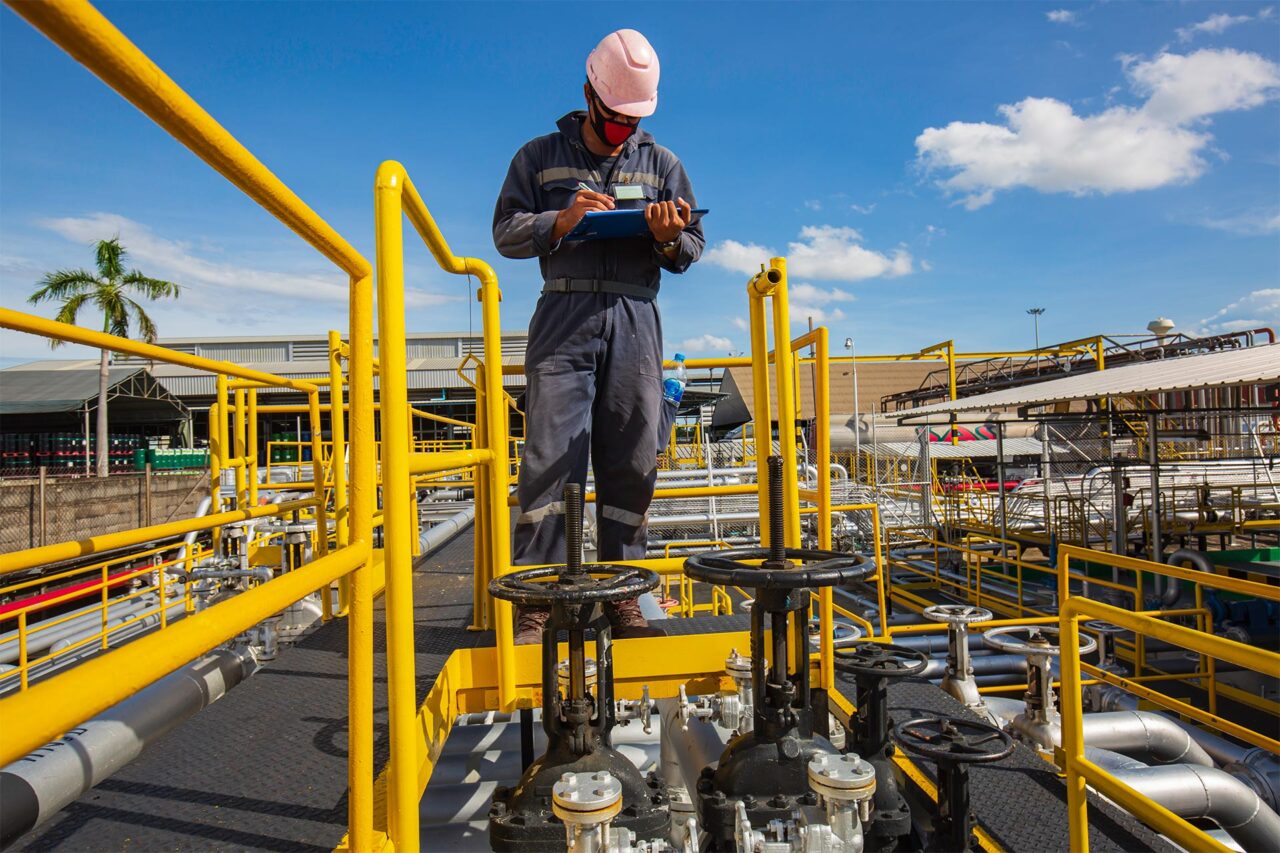
Non-Destructive Testing methods have become common with innovation and advancement in technology. Now, what do you mean by Non-Destructive Testing? NDT or Non-Destructive Testing involves techniques that are used to inspect materials and components without causing them any defects or flaws.
In this blog, we will discuss one of the important Non-Destructive Testing called Magnetic Particle Inspection also known as Magnetic Particle Testing.
What is Magnetic Particle Inspection?
MPI or Magnetic Particle Inspection is the NDT method which takes a crucial part in detecting surface and near-surface defects in ferromagnetic materials such as steel, nickel, iron and many more. It starts with the creation of a magnetic field in the material followed by the application of magnetic particle suspension to its surface. The particles then get attracted to the areas of flux leakage and display the defect present in them.
In short, MPI is beneficial in industries such as oil and gas, aerospace, automotive and manufacturing, where the detection of surface cracks, voids, or other defects is critical to the safety and performance of components.
To add, this NDT method can be conducted by 2 techniques, wet or dry. In dry MPI, dry magnetic particles are applied to the surface of the material and then magnetization takes place. On the other hand, wet MPI involves suspending the magnetic particles in a liquid carrier and then applying the mixture to the material surface. Most importantly, either permanent magnets or electromagnetic yokes can be used for performing the Magnetic Particle Inspection. However, electromagnetic yokes are the most commonly used ones due to their stronger magnetic field.
Importance of Magnetic Particle Inspection for Your Industry
Before you perform a Magnetic Particle Inspection, it’s crucial that you understand how it becomes a necessity for your industry. Here are some of the features of MPI that help you get a better insight.
Reliability
Magnetic Particle Inspection helps with the detection of surface and near-surface defects that may not be visible to the naked eye, making it a highly sensitive testing method. While accurately identifying the location, size and shape of defects, it allows you to quickly evaluate the severity of defects.
Furthermore, the MPI method is fast and efficient for industries that aim for immediate results. Hence, this NDT is reliable and helps you to improve your business operations and bring success.
Safety
While detecting defects at the earliest and preventing unexpected accidents, MPI helps improve the safety of your industrial components and minimize the risk due to failure.
To be noted, the safety of employees is also crucial. So by detecting defects such as cracks, porosity and other imperfections that may lead to catastrophic failures as well as quickly repairing them, you can prevent the potential for injury or loss of life. Ultimately, MPI takes an integral role in ensuring the component’s integrity and deciding whether they can be used in various applications in industries like oil and gas, automotive, manufacturing, aerospace and so on.
Versatility
MPI offers versatility while helping in the detection of a wide range of surface and near-surface defects in ferromagnetic materials, including cracks, porosity and other imperfections. It also assists to inspect a variety of components, including castings, forgings and weldments.
Additionally, Magnetic Particle Inspection can be used to inspect components of various shapes and sizes, including complex geometries. This way, it becomes an ideal choice for a diverse range of industrial applications like aerospace, automotive, oil and gas, manufacturing and more as well as help ensure the safety and reliability of their components. Also, MPI can be combined with other non-destructive testing methods, such as ultrasonic testing and radiography, to provide a more comprehensive inspection of components.
Cost-Effective
With early detection of surface and near-surface defects, you could save money by reducing the need for more extensive repairs or even component replacement. Besides, this helps to improve the productivity of your overall business and promote growth.
Magnetic Particle Inspection also allows customization in turn assisting you to meet your business goals easily and efficiently and help get maximum results along the way. Furthermore, with MPI, you get to increase the lifespan of critical components and aim for long-term cost savings as well.
Non-Destructive
The most important feature of Magnetic Particle Inspection is that it is non-destructive. It uses magnetic fields and magnetic particles in the detection of defects in ferromagnetic materials, both on their surface and near-surface. No damage is caused to the component during the inspection process while making it an ideal choice for testing critical components that cannot be replaced easily.
MPI is also a non-invasive testing method since it does not require cutting, drilling, or otherwise altering the component being inspected. This is why MPI offer high reliability and is one of the most preferred inspection techniques for critical applications.
Conclusion
In a nutshell, Magnetic Particle Inspection is an ideal choice for any industry looking for testing methods for defect detection. It offers high safety and accuracy as well as is commonly used by diverse industries due to its non-destructive feature.
Now, with the benefits of MPI mentioned above, you would have understood how it becomes a necessity to have such a cost-efficient and reliable technique up on your sleeves for the purpose of identifying defects easily. However, choosing the right inspector for your industry is also necessary. So, keep in mind the features of Magnetic Particle Inspection to see how well your service provider is able to fulfil your business requirements.
Want to conduct a Magnetic Particle Inspection for your industry?
We can help you. Tubecare boasts a team of talented and experienced inspectors with a deep knowledge of MPI and its processes to help detect defects in your components with efficiency. Contact us now.

